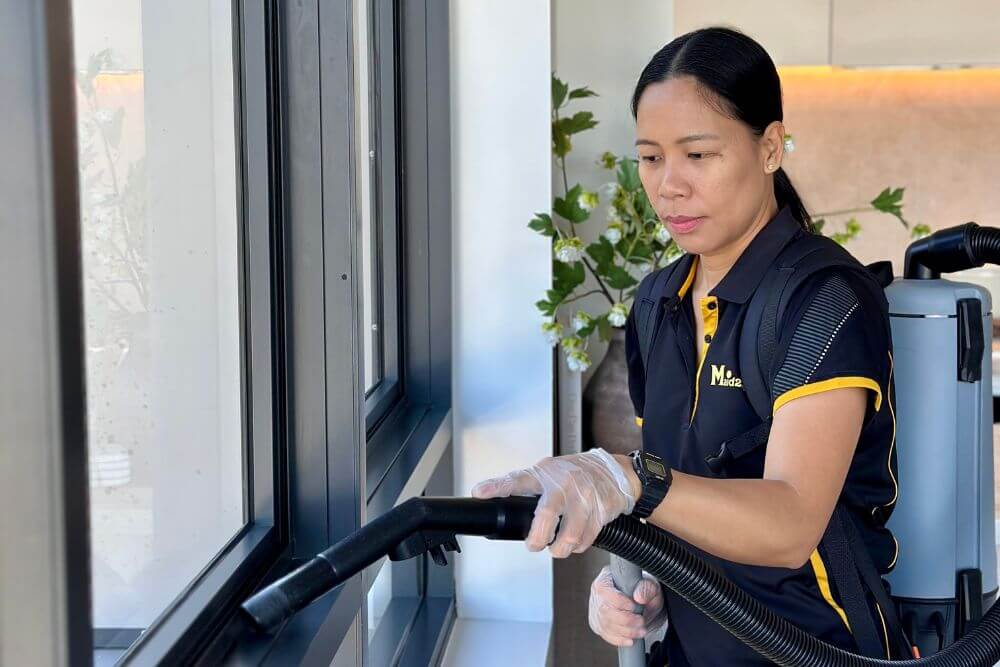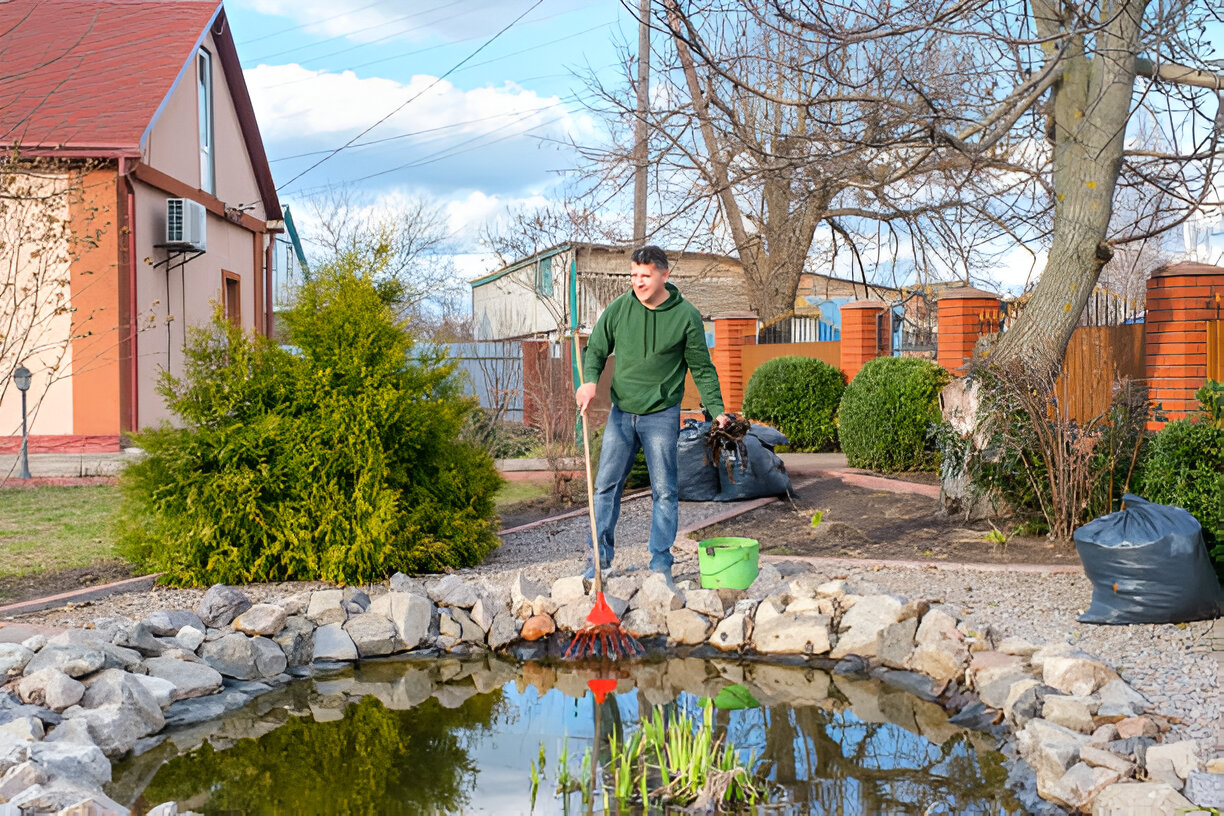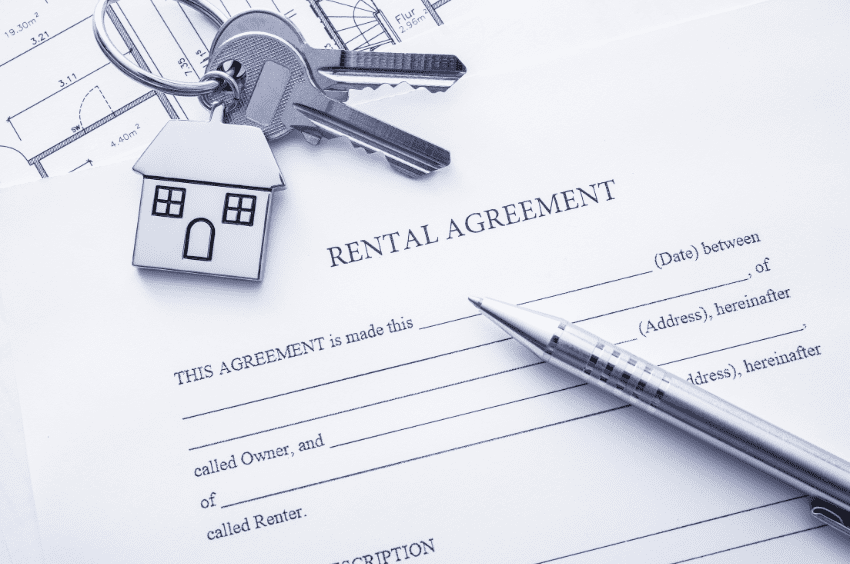If you’ve been poking around the Singapore property market lately, you’ve probably asked yourself the same question as every other would-be investor: how to avoid ABSD. With Additional Buyer’s Stamp Duty climbing higher than Marina Bay Sands’ rooftop bar, it’s no surprise buyers are looking for every possible workaround.
One of the most talked-about strategies? Buying property under a trust. On paper, it sounds slick. Set up a trust, put the property in, and let your child (or future heir) be the beneficiary. Done deal, right? Not so fast. The reality is a little more complicated — and a lot less glamorous.
What a Trust Actually Does
Before we dive into the nitty-gritty, let’s demystify what a trust really is.
A trust is essentially a legal container. You, the settlor, place an asset (in this case, property) into the container. A trustee manages it, and the beneficiary (often your child) enjoys the benefits.
Sounds like a great way to sidestep ABSD… until IRAS enters the chat.
The ABSD Wake-Up Call
Since 9 May 2022, all property purchases under a trust require you to pay ABSD upfront. Yes, even if the beneficiary is your newborn who’s still busy learning to crawl. That’s a hefty cheque before you even get the keys.
There’s hope for remission — but only if the trust is irrevocable (meaning you can’t later change your mind, swap beneficiaries, or pull the property back out). IRAS examines every deed under a magnifying glass before considering a refund.
Why People Still Use Trusts
Despite this roadblock, some families continue to go down the trust route. Why? Because trusts aren’t just about taxes; they’re about legacy planning. Parents use them to secure assets for future generations, shield wealth from creditors, and make sure properties stay in the family. For ultra-high-net-worth families, the ABSD is just one piece of a much larger wealth puzzle.
The Risks You Need to Know
Trusts aren’t a neat “hack” — they come with their own set of headaches.
Flexibility Goes Out the Window
Once you lock a property inside an irrevocable trust, it’s not yours to tinker with. The trustee must act only for the beneficiary. Want to sell because the market is hot? Too bad. Your financial flexibility takes a serious hit.
IRAS Is Watching
IRAS has seen every trick in the book. If your trust looks like a thin disguise to avoid ABSD, expect scrutiny. Refund applications take time, require airtight documentation, and can be flat-out denied if they smell like a loophole.
Exploring Alternatives
For many buyers, the rigidity of trusts makes them less attractive. That’s why other strategies are gaining traction.
Decoupling Expertise Singapore
Here’s a term you’ll hear a lot in property circles: Decoupling Expertise Singapore. Decoupling is when one spouse “sells” their share of a property to the other, freeing themselves up to purchase another property as a first-time buyer — without incurring ABSD on the new one.
Done correctly, this move can save families hundreds of thousands in duties. Of course, there are legal fees and normal stamp duties involved, but for many, it’s a far simpler path than setting up a trust that locks away flexibility forever.
Strategic Single Ownership
Another option? Buying under just one spouse’s name. This leaves the other spouse “property-free,” and therefore eligible to buy the next property without triggering ABSD. It’s not foolproof, but it’s cleaner than navigating the labyrinth of trust law.
When Design Meets Legacy
Here’s something most buyers forget: it’s not just about how you hold the property — it’s about what kind of property you’re holding.
If your long-term plan is to pass assets down to the next generation, design becomes just as crucial as tax strategy. A property bought under a trust or through decoupling should be future-proof, adaptable, and desirable enough to stay relevant for decades.
That’s why many buyers think beyond financial engineering. They’re not just buying square footage — they’re investing in timeless architecture, sustainable layouts, and homes that actually work for families across generations.
The Bottom Line: Can a Trust Help You Avoid ABSD?
Here’s the no-BS version:
- You still pay ABSD upfront on trust purchases.
- A refund is possible only with an irrevocable trust, and even then, it’s not guaranteed.
- Trusts are more about wealth transfer and legacy than tax hacks.
- If your only goal is figuring out how to avoid ABSD, strategies that careful ownership planning may be smarter, simpler, and more flexible.
Key Takeaways
- Trusts ≠ Loopholes. They’re about estate planning, not quick ABSD fixes.
- IRAS plays hardball. Refunds only come with airtight, irrevocable structures.
- Alternatives exist. Decoupling and strategic single ownership offer real, practical ways to reduce ABSD exposure.
- Think long-term. Whether via trust or decoupling, your property choice should be one worth passing down.
Final Thoughts
Buying property under a trust isn’t a magic bullet for avoiding ABSD. It’s a long-term commitment with very real restrictions. For families thinking of legacy, it can make sense. But for buyers who just want a second condo without bleeding cash to IRAS, simpler strategies — like working with Decoupling Expertise Singapore — may be the smarter move.
At the end of the day, the question isn’t just “how to avoid ABSD.” It’s: what’s the smartest way to secure property for my future — without losing flexibility today?





